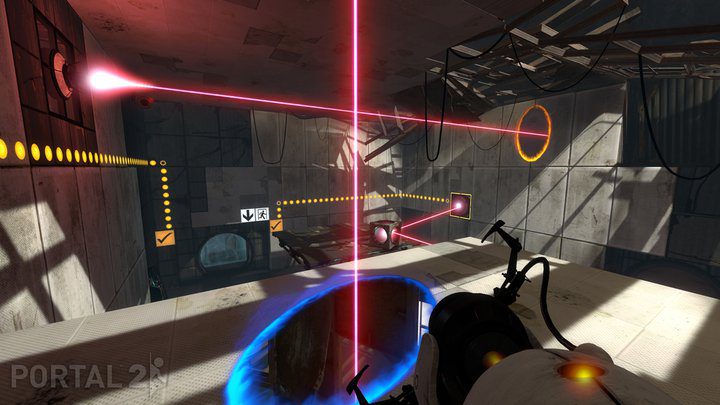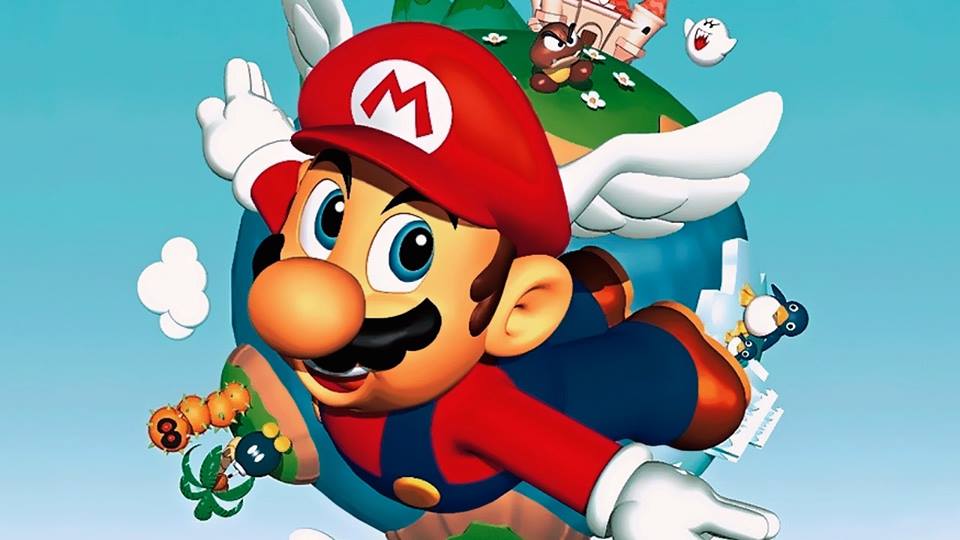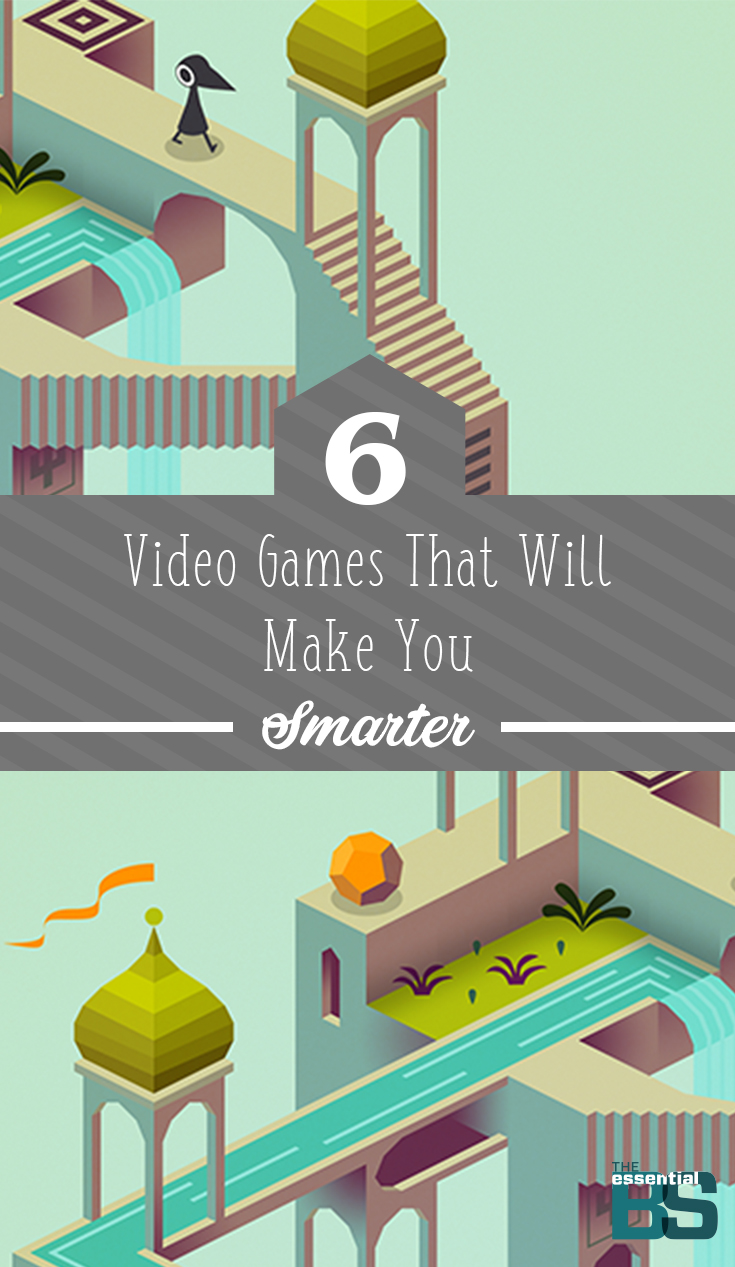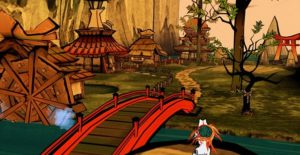6 Video Games That Will Make You Smarter
Anyone who grew up on gaming knows it imbues you with a certain mindset. The endless, brutal punishments and minuscule rewards doled out by old arcade and NES games helped an entire generation prepare for life in a bottomed-out economy. It also gave us laser-like focus.
Today's games might not be quite so draconian, but they still have a lot to teach us. Here are six video games sure to give your brain a boost.
Portal
 (image via Facebook)
(image via Facebook)
Not only is Valve's now-classic, dimension-twisting puzzle game challenging in terms of critical thinking, there's also an overtly educational “developers' commentary” you can unlock after you've beaten it. As you work through Portal a second time, you can hear the devs talk about setting up puzzles in such a way as to teach players the layout of the game and lead them to increasingly complex solutions. It's about as great a primer on education theory and game design as you could ever hope to find. (The even bigger, twistier sequel has an even longer commentary.)
Call of Duty
 (image via Facebook)
(image via Facebook)
For all its popularity, Call of Duty isn't particularly beloved in the gaming world at large. And yet research indicates that the broad base of skills required to succeed in action games like CoD makes us faster learners and sharpens the brain's prediction skills. Taken altogether, that means that action gamers might be faster learners than people who don't game—or even gamers who don't play action titles.
Tetris
 (image via Facebook)
(image via Facebook)
Tetris teaches you to think on your feet, to make snap decisions based on quick evaluations. While you can try to prepare for the long haul, your plan has to adjust based on the fact that you never know what's going to happen more than one move ahead.
Tetris‘s effect on the brain (and on perception of the world around you) has long fascinated researchers. It makes parts of your cerebral cortex thicker, makes other parts of your brain more efficient, and reduces flashbacks for people with post-traumatic stress disorder. And while it's not scientific, we're pretty sure our long childhood hours playing Tetris is why we're so good at packing for trips.
Super Mario 64
 (image via Facebook)
(image via Facebook)
When Mario made the leap to 3D in the classic Super Mario 64, it was a watershed moment in gaming. And apparently, it made us a little smarter too. In 2013, German researchers had participants play the game for thirty minutes a day over the course of two months. Then, they took MRIs. The results showed participants had an increase in grey matter in the right hippocampus, right prefrontal cortex, and cerebellum—brain regions involved with spatial navigation, forming memories, strategic planning, and fine motor skills.
Monument Valley
 (image via Facebook)
(image via Facebook)
Monument Valley is a quietly beautiful puzzle game released in 2014. The mobile masterpiece relies on perspective, challenging you to rearrange increasingly intricate, Escher-esque landscapes to help a traveler explore the ruins of an ancient civilization. It questions your sense of space and stretches your critical thinking, all while treating you to a feast of bright, minimalist visuals and an absolutely hypnotic soundtrack. As a newer game, Monument Valley hasn't been studied as extensively as some of the others on this list, but it's a brilliant puzzler worth everyone's time regardless.
Minecraft
 (image via Facebook)
(image via Facebook)
For the uninitiated, Minecraft is hard to explain, but it's basically an enormous sandbox. Or, like an enormous sandbox had a baby with the world's biggest LEGO set. In addition to all of the creativity that comparison suggests, its open-endedness makes it a great tool for educators, who have used it to teach…well, just about everything.
Language teachers are allowing kids to play as long as they communicate in the language being taught. It's also being used to teach city planning. History teachers are building replicas of ancient civilizations for their students to explore. Science teachers are using the in-game physics to teach kids about gravity. And all the while, they're building skills that will help them in a world where digital communication is fast becoming a required to function.
Don't forget to like us on Facebook. Seriously. Don't forget.











